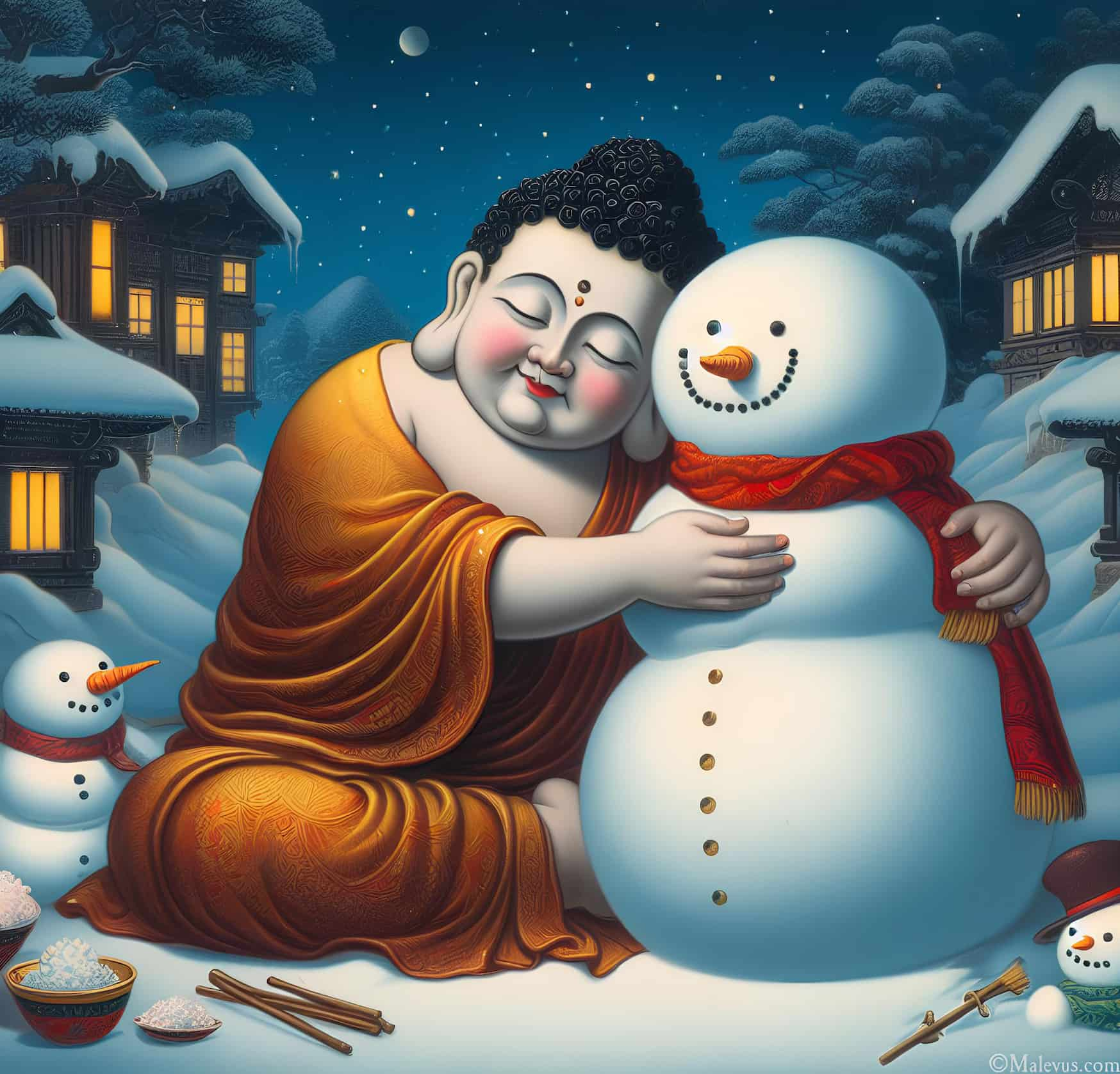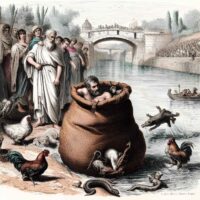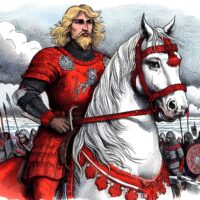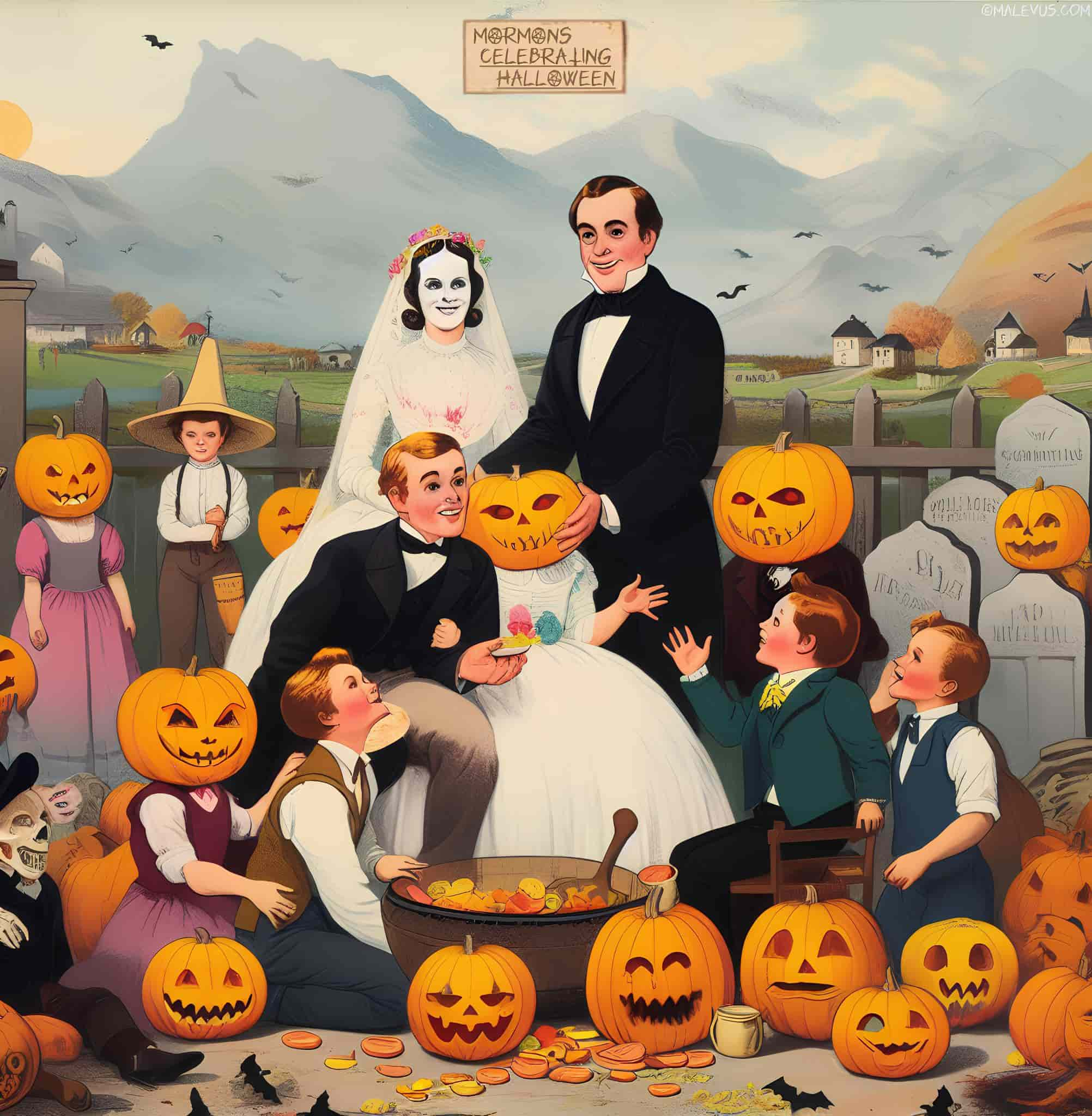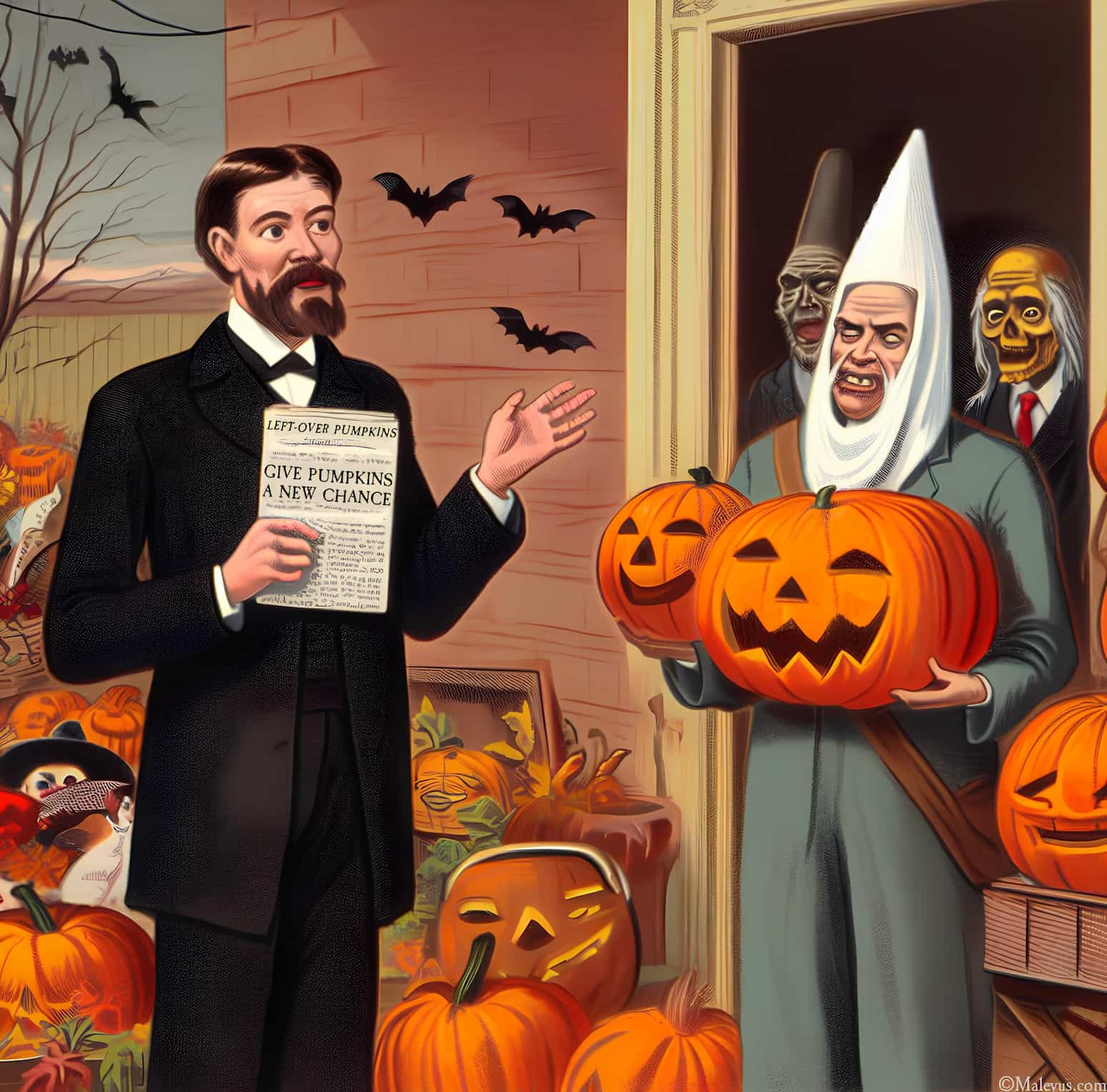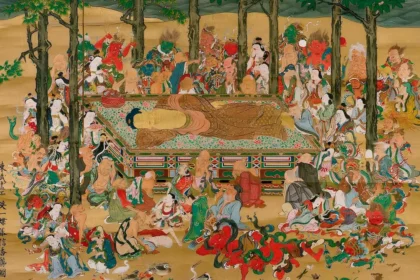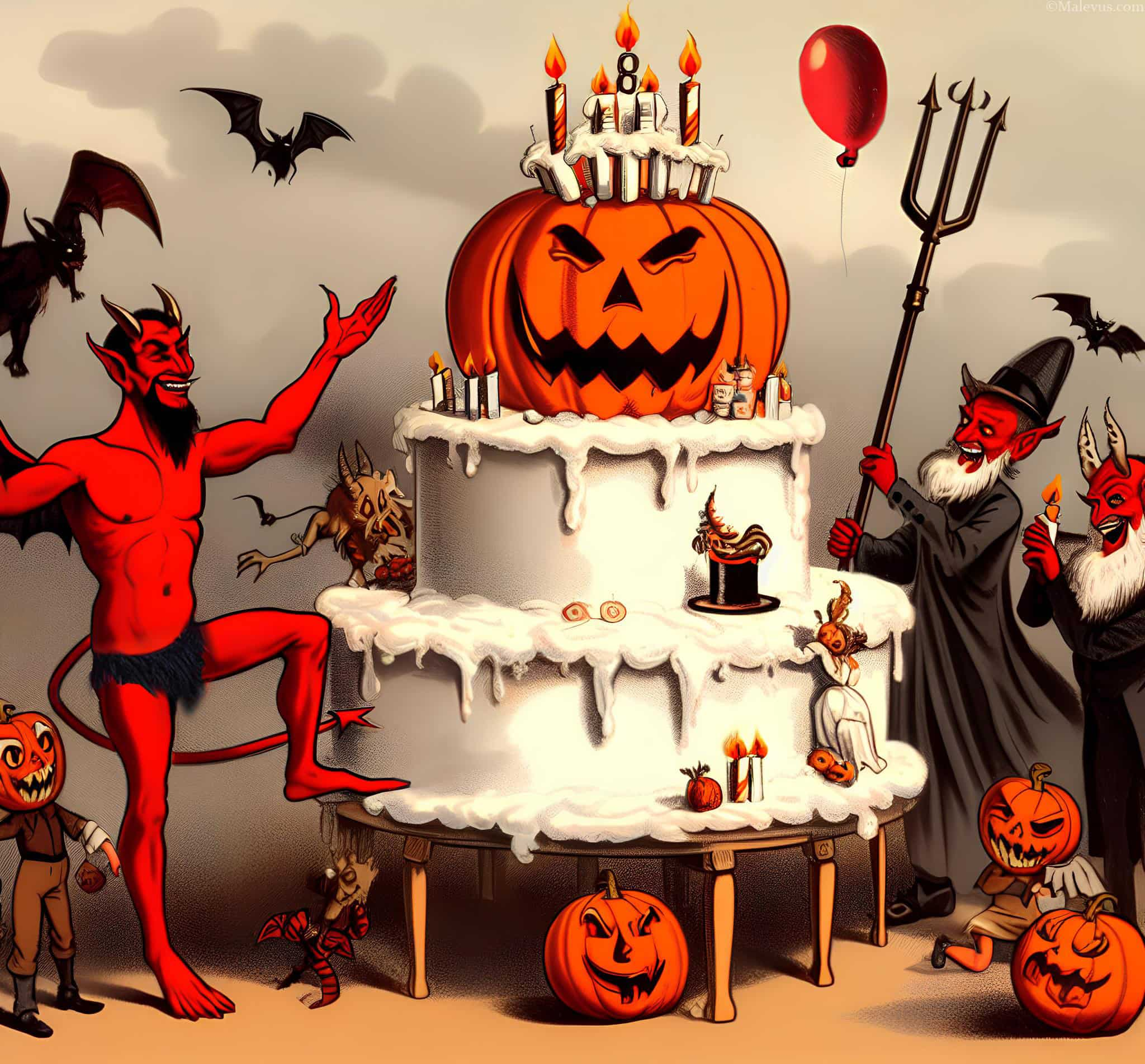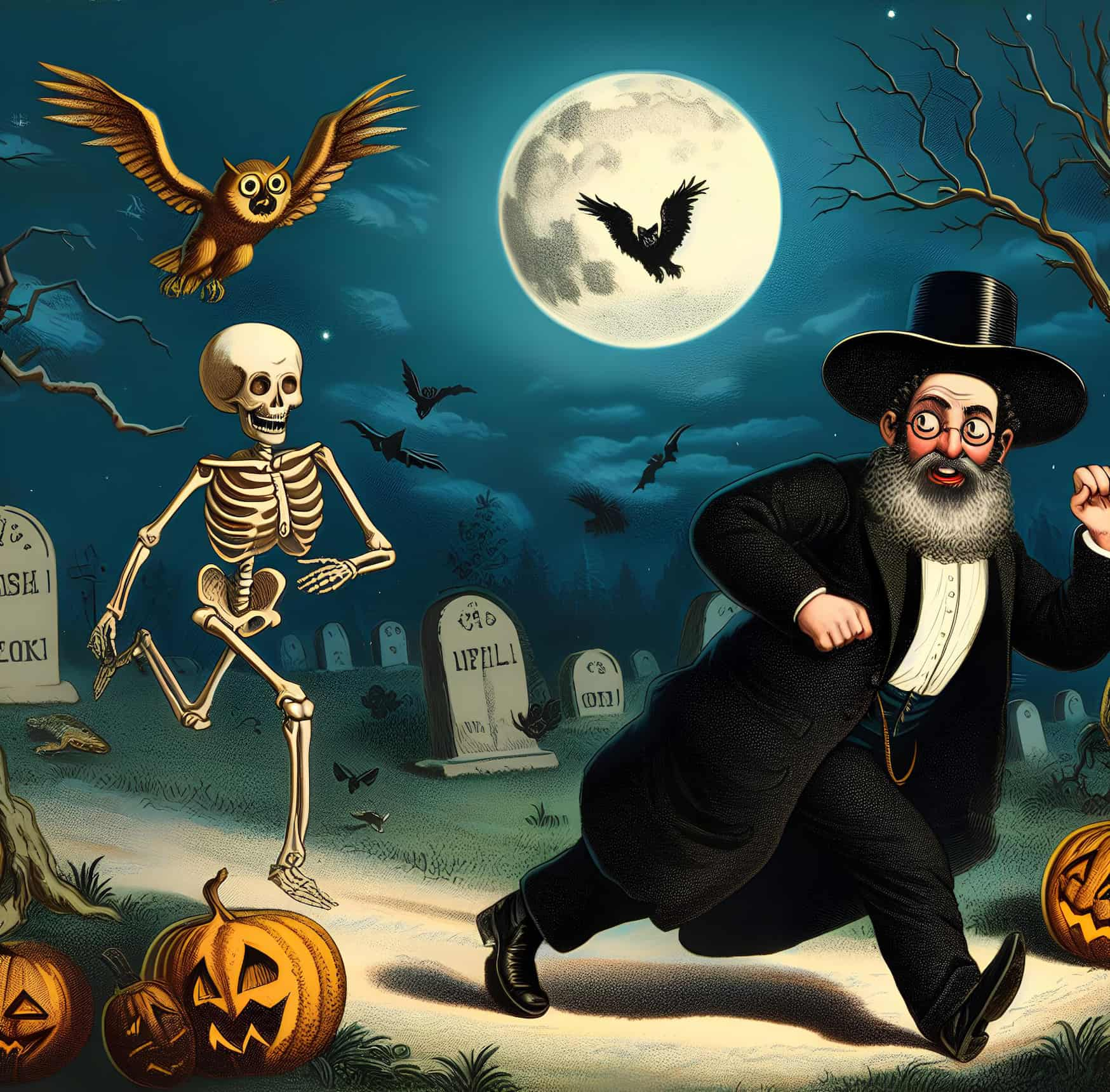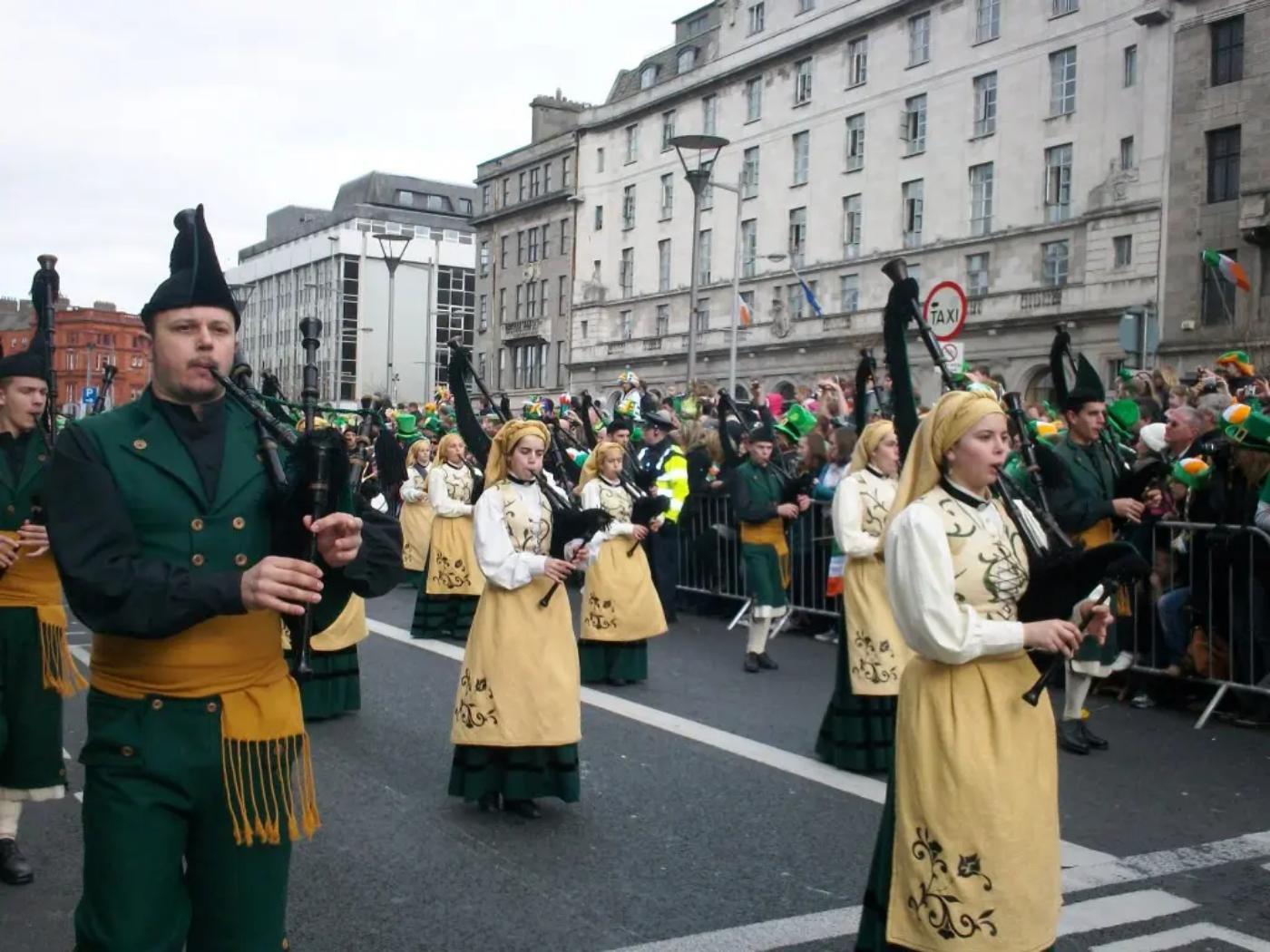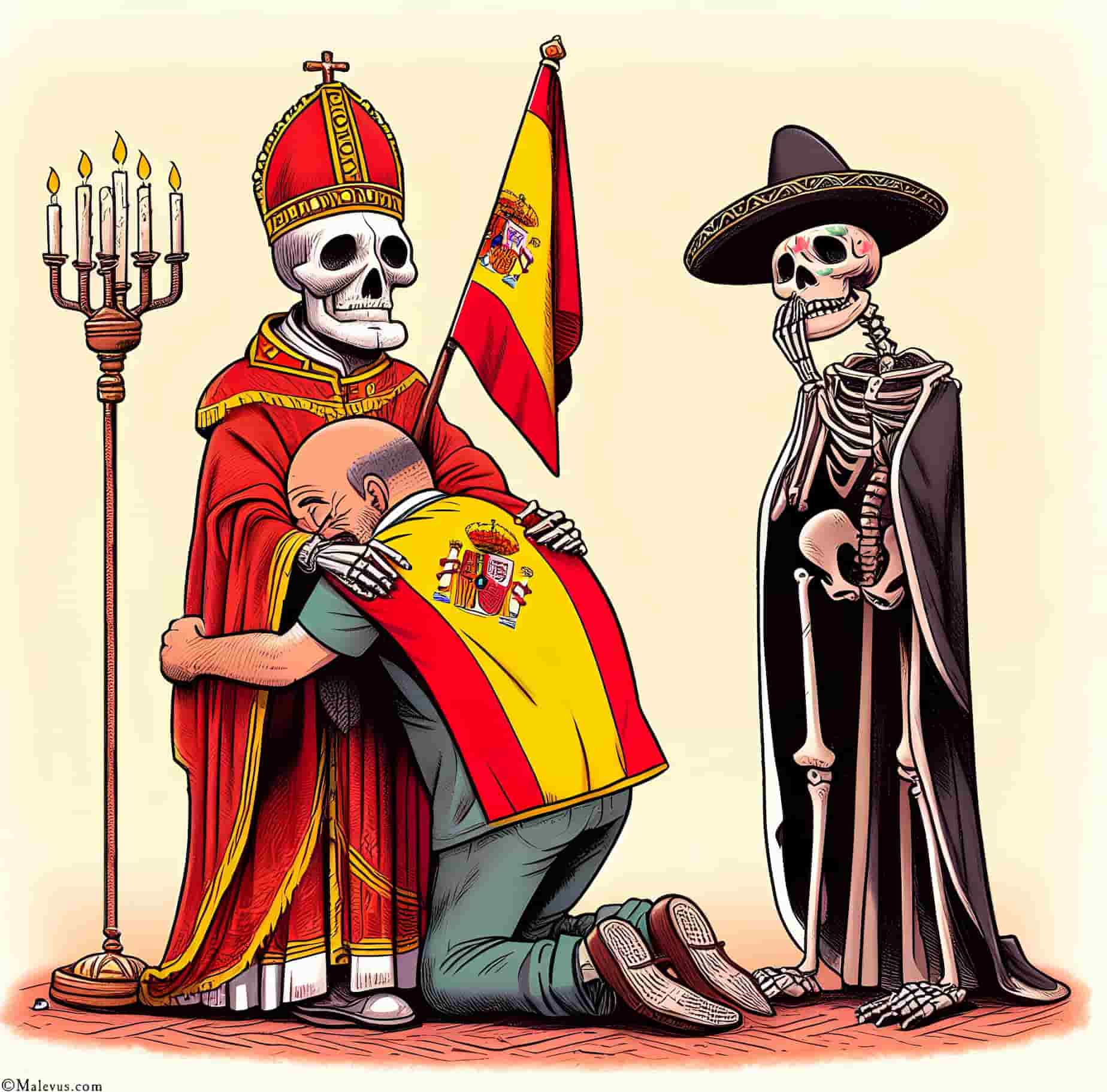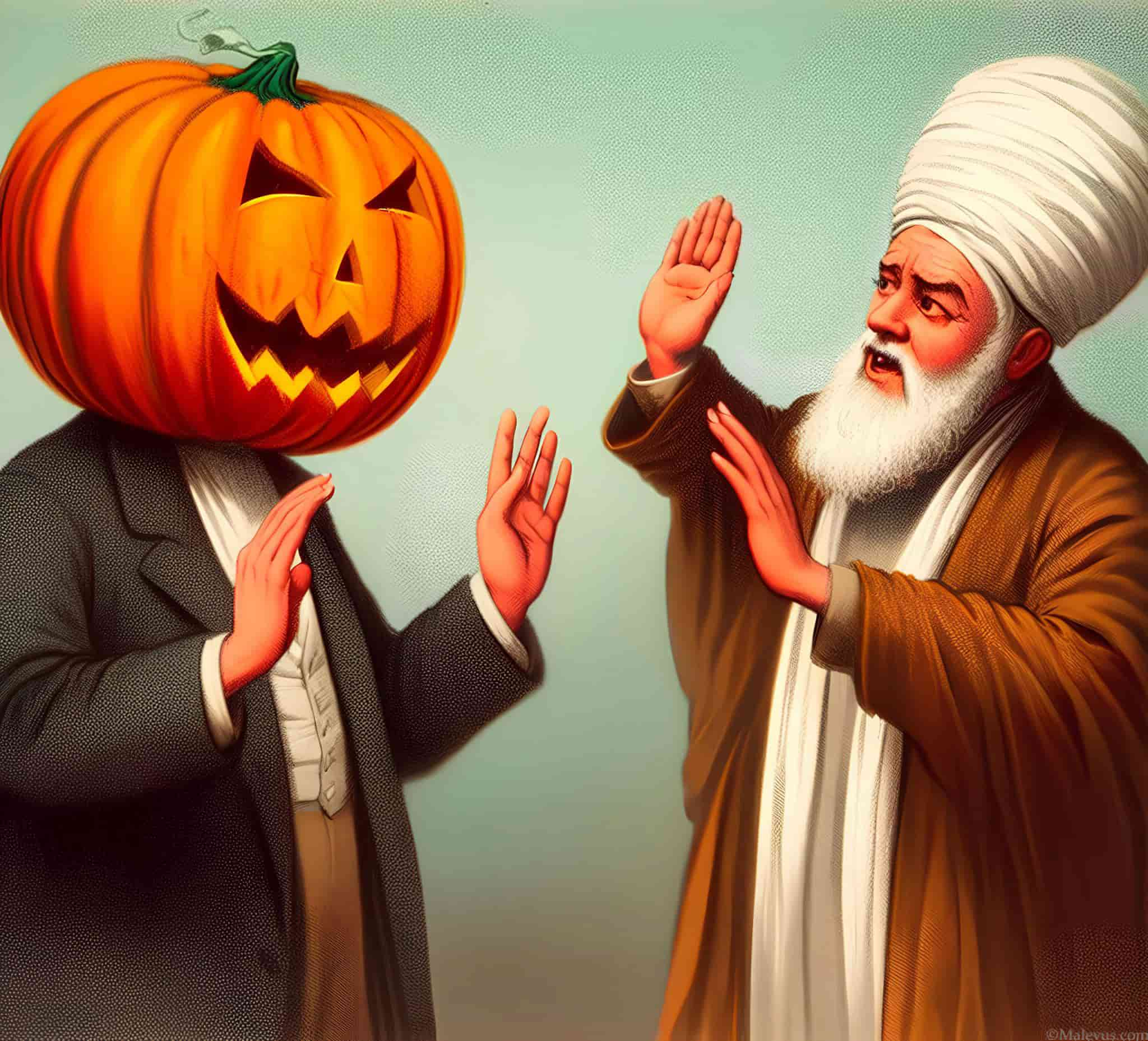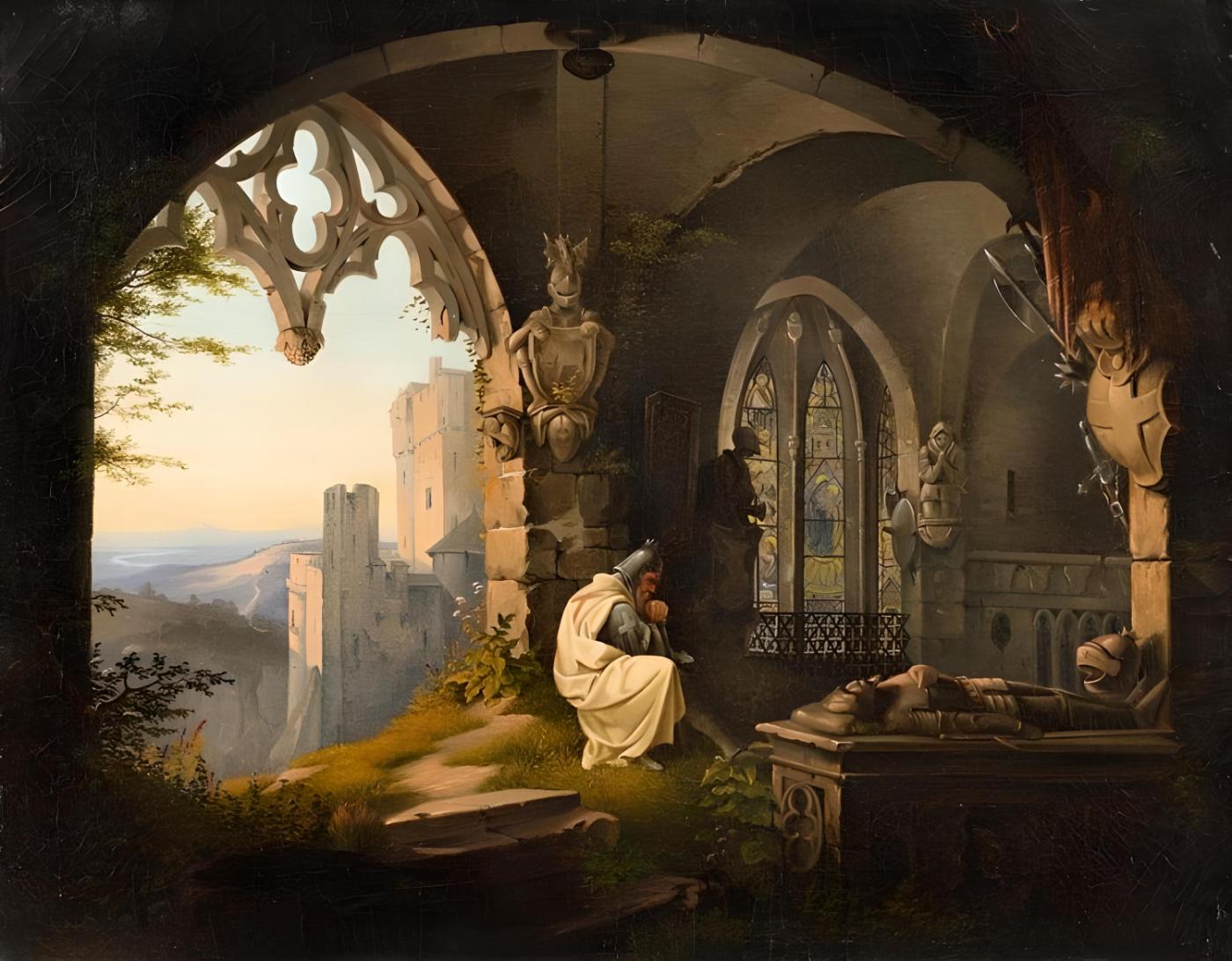Buddhists’ approaches to Christmas vary depending on factors such as tradition, norms, and location. Many Buddhists partake in the Christmas holiday. However, Christmas is not celebrated for its theological importance as the birth of Jesus Christ. Since the holiday’s emphasis on kindness toward others, giving, and peace is in keeping with Buddhist ideals, they celebrate Christmas in their own way.
What Percentage of Buddhists Celebrate Christmas?
White Americans make up roughly 20% of the country’s Buddhist population, and many have adopted Christian practices as their own. About three-quarters of both Asian-American Buddhists (76%) and Asian-American Hindus (73%) celebrate Christmas (PewResearch). One possible explanation for this is that American Buddhists, like Hindus, have an open and accepting view of religion.
The vast majority of Asian Americans who identify as Buddhist or Hindu do not believe that their religion is the only path to salvation but rather that there are multiple paths to eternal life. Many Buddhists celebrate Christmas, but their customs vary from those of Christians.
While around 75% of Asian American Buddhists observe Christmas in the United States, these statistics are widely different in Asian countries since they have their own holidays around the same time, such as Vesak, Bodhi Day (or Rohatsu), and Sanghamitta Day. This is similar to the case where Halloween is not as popular in Mexico due to their Day of the Dead festival.
How Do Buddhists Celebrate Christmas?
Christmas festivities in nations where the Buddhist religion is the majority are widely affected by their local customs.
- Vesak: “Buddhist Christmas” is a common reference to Vesak, a festival honoring the life, death, and enlightenment of the Buddha. The modern Vesak celebration, which includes paper lanterns, presents, and the washing of a newborn Buddha figure, is a relatively new addition to the 2,500-year-old custom.
- Bodhi Day: Celebrated on December 8th, Bodhi Day honors the day Buddha acquired enlightenment. Cookies, rice, milk, and lights on trees are all parts of the holiday season. It’s often integrated into Christmas.
- Thai Christmas: Christmas is extensively celebrated in Thailand, despite the country’s Buddhist majority. However, festivities take place at shopping centers, restaurants, nightclubs, and local markets and are more of a commercial festival than a family-oriented one.
- Gift-Giving: Some Buddhists give presents or perform acts of goodwill in the thirty days after Bodhi Day. This tradition often coincides with Christmas. They do not, however, ever give presents that promote violence, such as toy swords or weapons.
Which Buddhist Countries Celebrate Christmas?
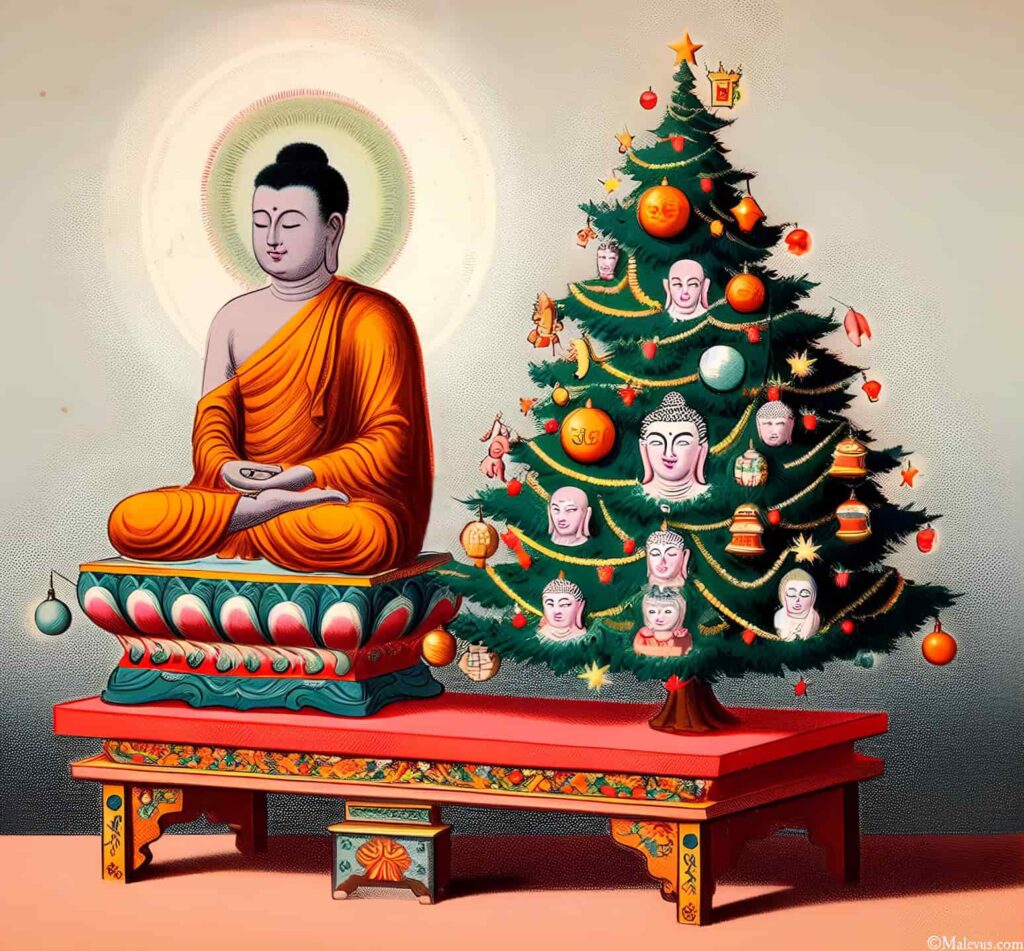
There is no cookie-cutter response to this query because of the wide variety of Christmas traditions practiced in Buddhist nations. For instance, decorating ficus trees (Ficus religiosa) or Bodhi trees (“tree of awakening”) with multicolored ornaments and bulbs is one non-Christian method by which Buddhists celebrate this special day.
- In Thailand: Christmas is not a national holiday, although it is enjoyed by many as a secular festival in Thailand, albeit as a commercial festival taking place in clubs or restaurants.
- In Japan: Although Christmas is not a government-observed holiday, it is nonetheless widely celebrated as a secular event in Japan. It is more of a social event for singles and couples. A lot of people actually put more emphasis on Christmas Eve than Christmas itself. On Christmas Eve, romantic couples traditionally spend time together and exchange gifts.
- In Sri Lanka: Some Christians and non-Christians celebrate Christmas in Sri Lanka, but it is not a national holiday. Christians make up a small proportion of this country and there are many Buddhists who take part in Christmas.
- In Vietnam: Christmas is not recognized officially in Vietnam, but it is celebrated by many secular citizens.
- In the United States: Many Buddhists in the United States adapt Christmas customs like holiday meals and gift-giving to their own tastes.
Buddhist Perspectives on Christmas
Buddhists celebrate Christmas as a secular festival. During Christmas, many of them follow some Western traditions including decorating trees and giving gifts. Some followers see connections between Christmas (the birth of Jesus) and the Buddha. Some of them consider Jesus to be a “Bodhisattva,” or a selfless person who puts the needs of others before their own.
But Buddhists do not consider Jesus to be the “promised savior”. For instance, on December 8th, they still celebrate Bodhi Day to remember when Buddha attained enlightenment. Many Buddhists think that Christ’s teachings complement those of Buddha and some of them choose to enjoy the Christmas season without surrendering their beliefs. They feel that the real celebration of this holiday is to create a more loving and compassionate heart.
Vesak Festival: The Buddhist Christmas
The current modern celebration of Vesak, a major Buddhist festival honoring the Buddha’s birth, enlightenment, and death, has its origins in the 19th century. Due to its theme related to the birth of a holy figure (Buddha), it is often called “the real Buddhist Christmas.”
Vesak was originally observed by Buddhists all across the world, but it was not until the colonial era in Asia that its focus shifted to commemorating the historical Buddha. Leaders like Colonel Henry Steel Olcott and Anagarika Dharmapala fought to get Vesak recognized as a national holiday in Sri Lanka, where it had been repressed under British colonial control.
By making comparisons to Christmas and including customs like greeting cards, songs, presents, and parades, they were able to win over the colonial authority. This strategy not only resuscitated Vesak but also gave Sri Lanka’s Buddhist minorities a reason to be proud of their religion. The movement continued on to Japan, where it inspired the creation of the Hinamatsuri festival.
Despite the broad acceptance of Vesak in many Asian nations, a unified date for the holiday has yet to be established; therefore, different countries celebrate Vesak on different days depending on lunar or Gregorian calendars. In many ways, Vesak has become the Buddhist equivalent of Christmas, bringing together followers of the Buddha from all over the world to celebrate the events of his life in a way that is contemporary and joyous.



